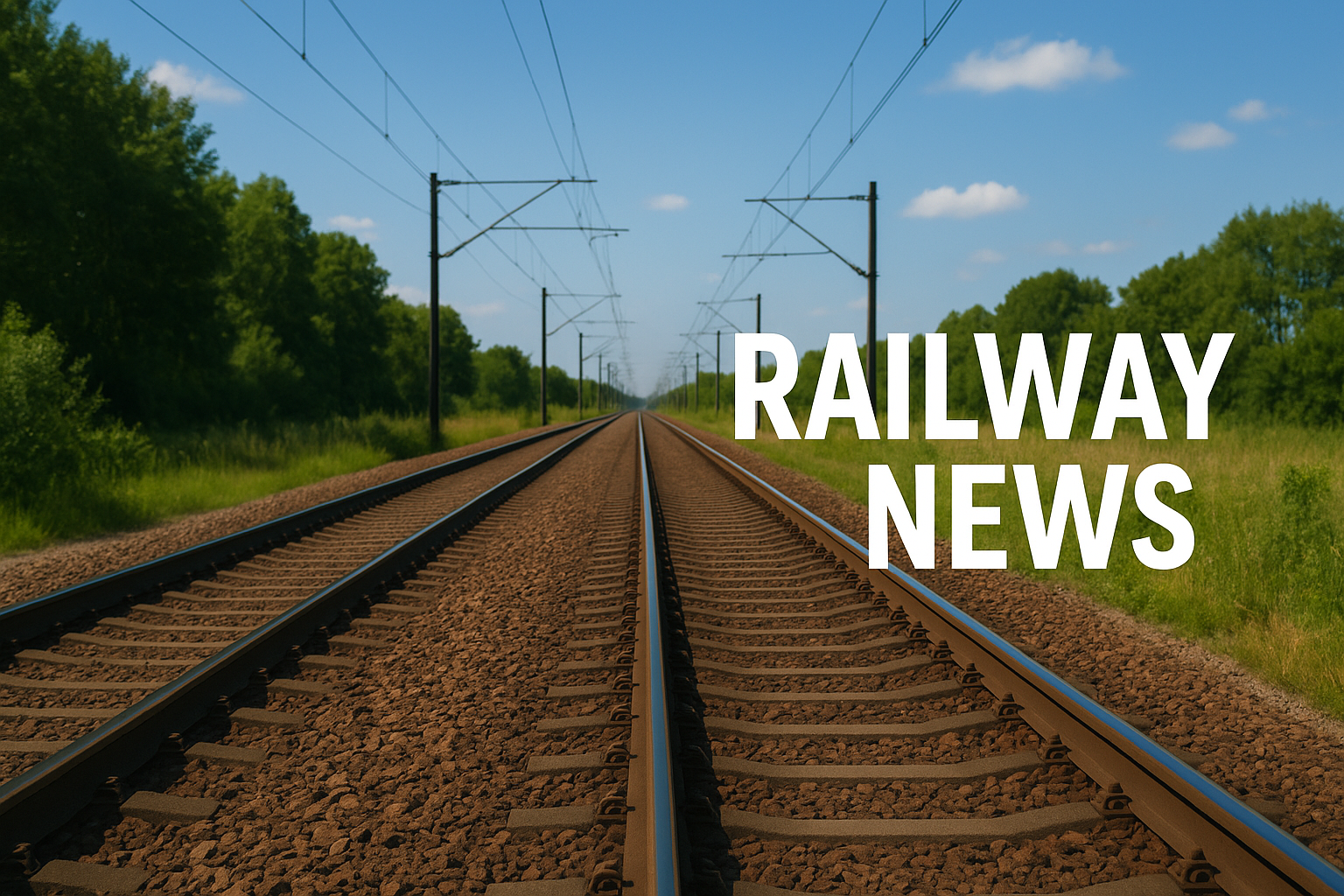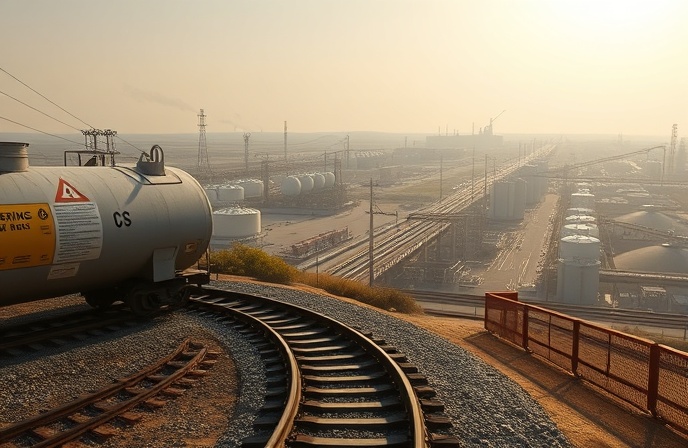Transpennine Express Cuts: North’s Rail Future at Risk?

This article examines the controversial decision by Transpennine Express (TPE), a UK rail operator currently under government control, to reduce its timetable and decommission its Mark 5A “Nova 3” diesel-electric trains. The decision, announced by the government’s operator of last resort (OLR), has sparked significant opposition from Northern England’s political leaders, raising concerns about service quality, capacity, and the long-term implications for the region’s rail infrastructure. This analysis will delve into the justifications provided by the OLR, the counterarguments raised by regional leaders, and the broader context of this decision within the larger picture of UK rail investment and infrastructure planning. The central question explored is whether TPE’s actions represent a necessary short-term measure for operational efficiency or a detrimental step backward for the North’s rail network, potentially hindering its economic development and undermining previous commitments to infrastructure improvements.
TPE’s Justification for Reduced Timetables and Decommissioning of Nova 3 Trains
The chief executive of the OLR, Robin Gisby, argued that the reduced timetable from December onwards is a crucial step to improve punctuality and operational efficiency. He emphasized that the current situation is unsustainable and that refocusing on reliable core services is the priority. The decision to decommission the Nova 3 trains, described by Gisby as “appalling” due to persistent technical issues, is justified as a cost-saving measure. He asserted that maintaining these unreliable trains is financially burdensome and that the funds saved can be better allocated elsewhere. The OLR’s position emphasizes operational optimization and responsible resource allocation over immediate capacity expansion.
Northern Leaders’ Concerns and Counterarguments
Mayors Andy Burnham (Greater Manchester) and Tracy Brabin (West Yorkshire), along with other regional leaders, expressed deep reservations about the proposed changes. Their concerns center on the potential loss of capacity resulting from the removal of the Nova 3 trains without a clear replacement plan. This raises questions about the ability of TPE to fulfill existing commitments, such as reinstating previously cancelled routes. The lack of a clear strategy for increased capacity is a major point of contention, especially considering the already strained rail network in the North. The mayors also highlight the perception that the removal of the Nova 3 trains might disproportionately impact the North, possibly diverting these assets to other regions, leading to fears of a “levelling down” effect.
The Broader Context of Rail Investment and Infrastructure in the North
The TPE situation is inextricably linked to the wider debates surrounding rail investment in Northern England. The concerns expressed by Northern leaders are viewed within the context of previous controversies surrounding potential cuts to HS2 (High-Speed 2) high-speed rail lines and the dilution of plans for Northern Powerhouse Rail (NPR), a crucial high-speed rail network connecting major cities in the North. The perceived lack of commitment to significant rail infrastructure improvements in the North fuels concerns that the TPE decision is merely a symptom of a larger problem – insufficient investment in and prioritization of the region’s transport needs. This perceived lack of commitment adds fuel to concerns about the government’s long-term vision for the North’s economic development.
The Implications for the Future of Rail Services in the North
The conflict between TPE’s operational priorities and the needs of Northern communities highlights the complex challenges faced in managing and modernizing the UK’s rail network. The immediate impact of TPE’s decision will likely be reduced service capacity and potentially increased journey times for passengers. However, the long-term consequences are more uncertain. The lack of a comprehensive replacement plan for the Nova 3 trains raises serious questions about the government’s commitment to delivering improved rail services in the North. This raises concerns about future economic development in the region, as an efficient and reliable rail network is crucial for economic growth and connectivity. Furthermore, the perception of unfair treatment compared to other regions, fuelled by the potential diversion of the Nova 3 trains, could further exacerbate tensions and undermine trust in the government’s commitment to the North’s development.
Conclusions
The decision by Transpennine Express to reduce its timetable and decommission its Nova 3 trains has sparked a significant debate about the future of rail services in Northern England. While the OLR justifies these measures as necessary for improved operational efficiency and cost savings, Northern leaders express deep concerns about the loss of capacity and the potential for a “levelling down” effect. These concerns are not isolated but are viewed within the broader context of past and present debates on rail investment in the North, including the controversies surrounding HS2 and NPR. The lack of a clear plan to replace the Nova 3 trains raises questions about the government’s long-term commitment to the North’s rail infrastructure, and consequently, its economic development. The future success of the region is inextricably linked to a reliable and adequately resourced rail network. A resolution to this situation requires a clear commitment from the government to invest in the North’s rail infrastructure, balancing immediate operational needs with long-term strategic goals, and ensuring fair treatment compared to other regions. The current situation necessitates a collaborative approach between government, regional authorities, and rail operators to develop a plan that addresses both short-term operational challenges and long-term infrastructure needs.






